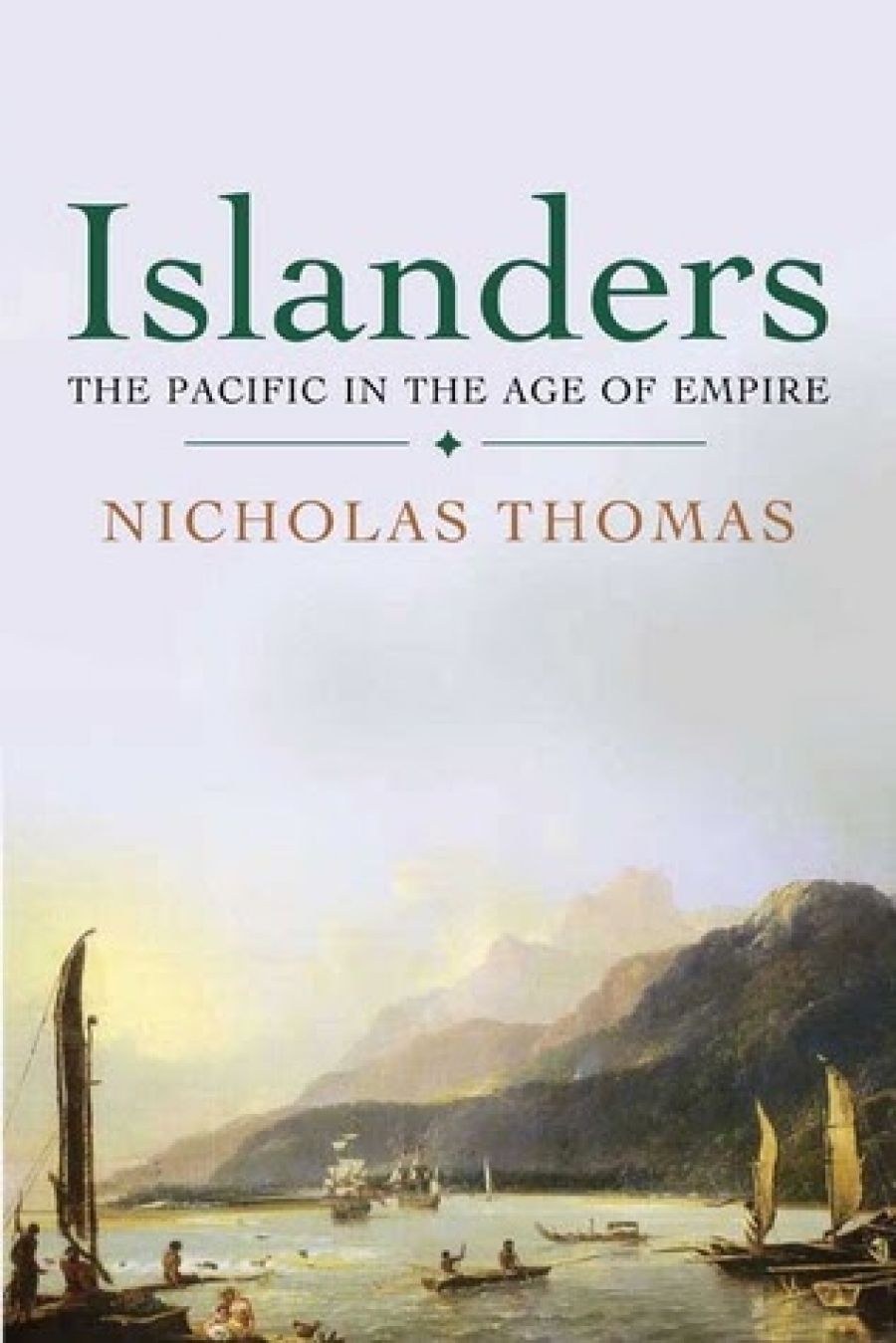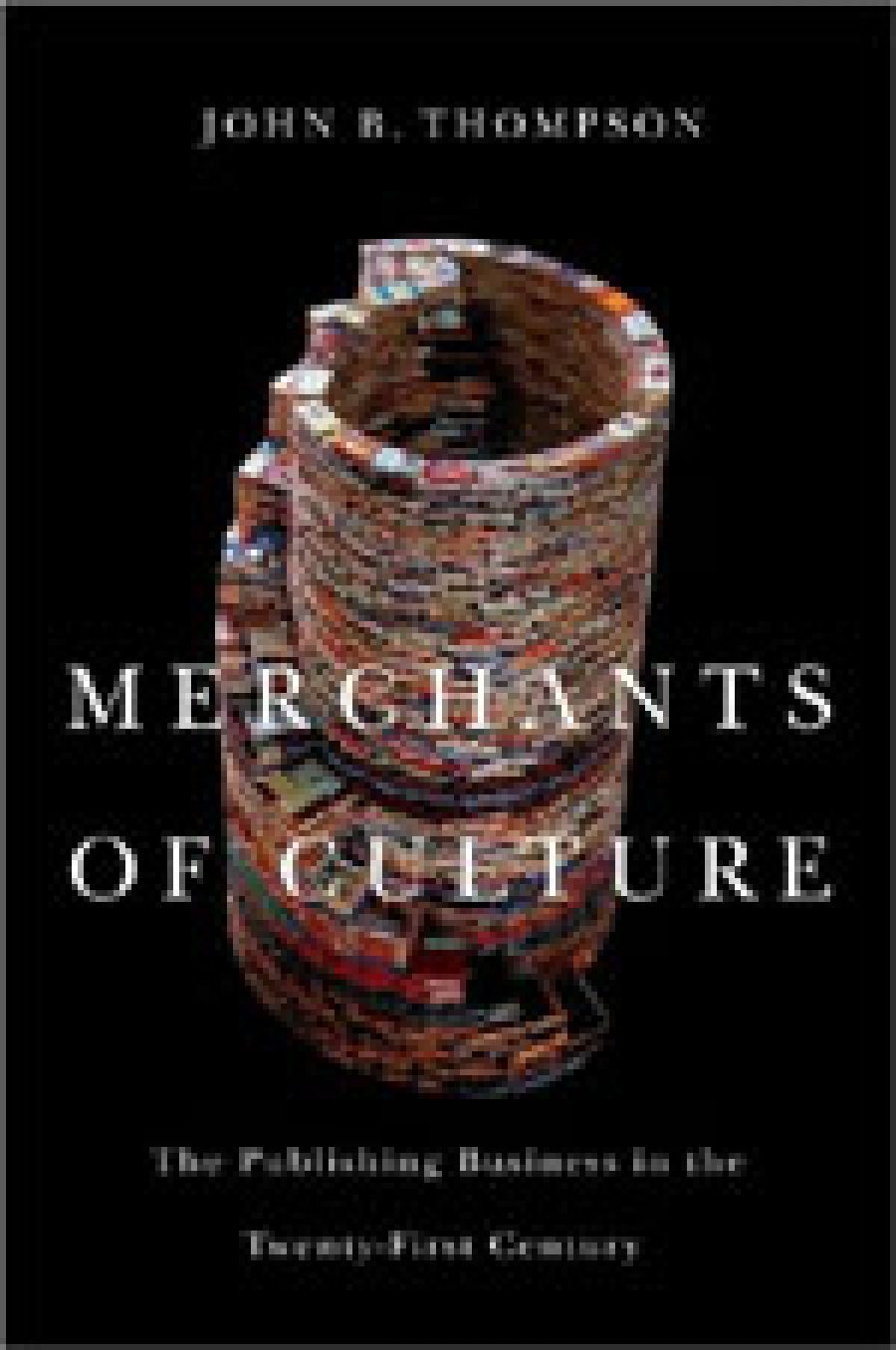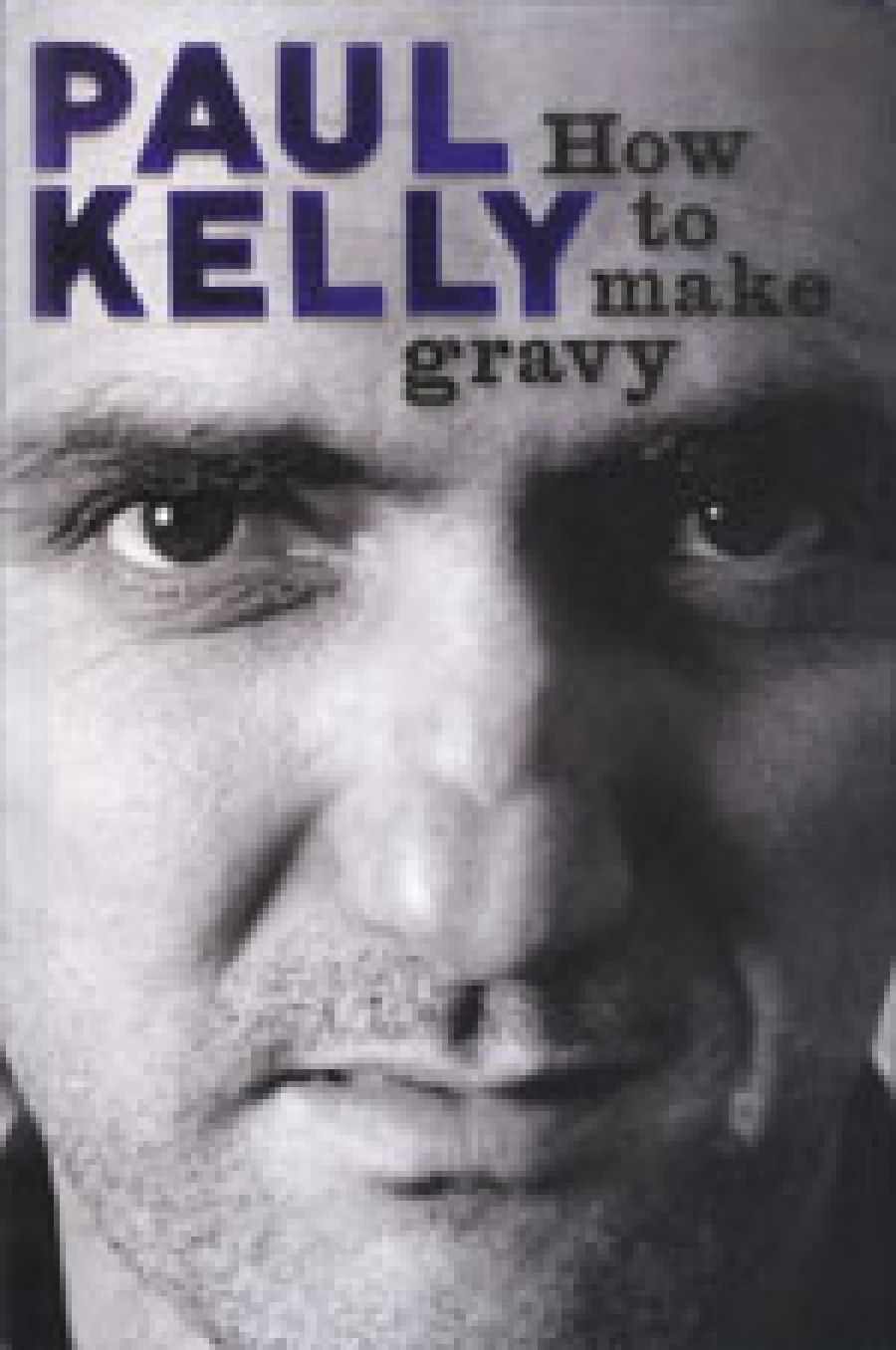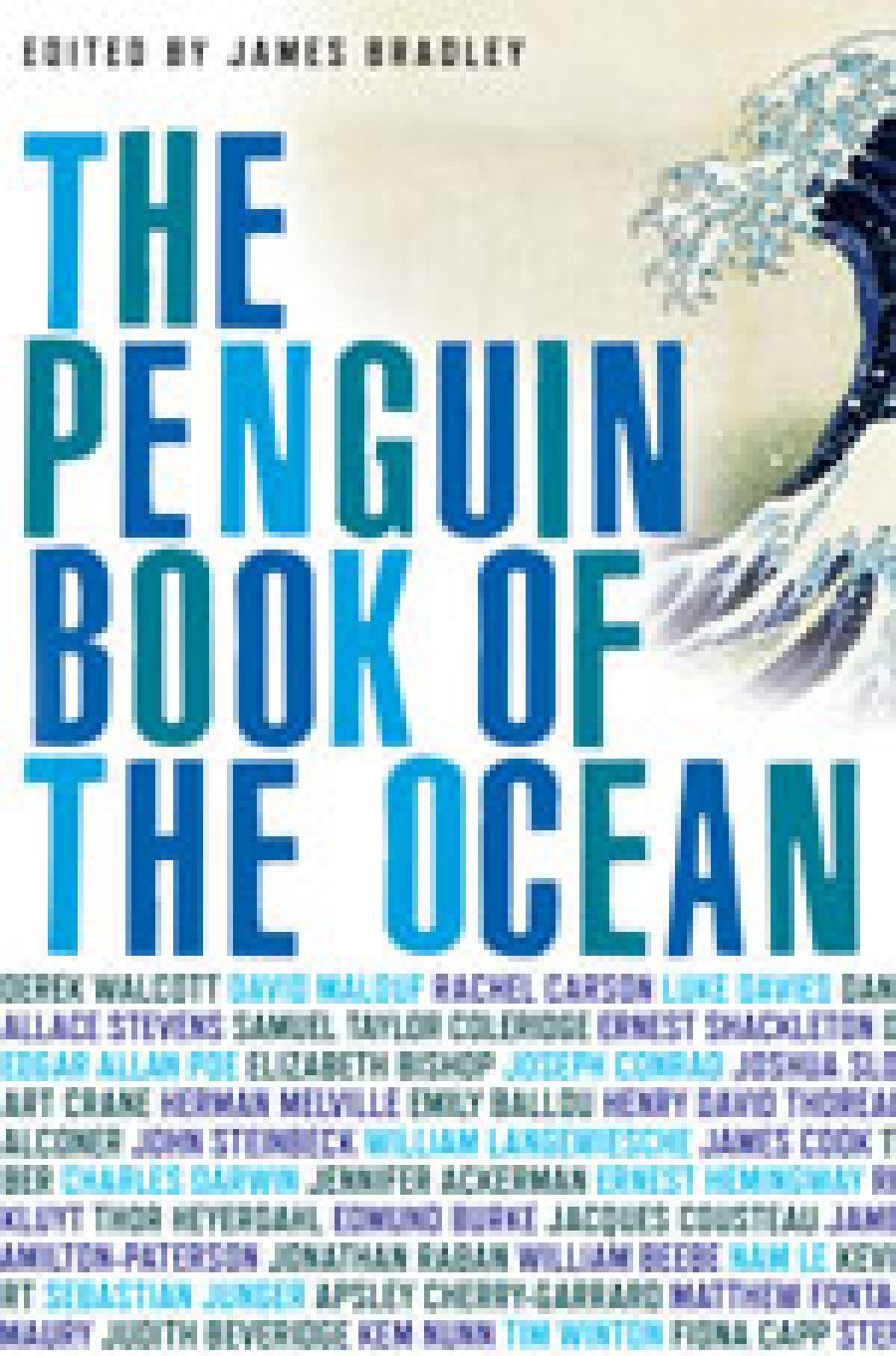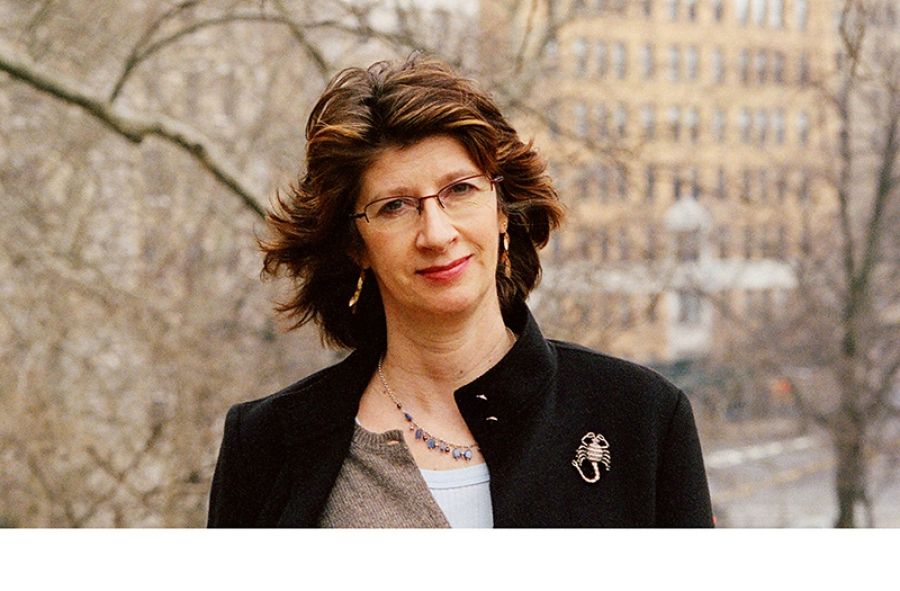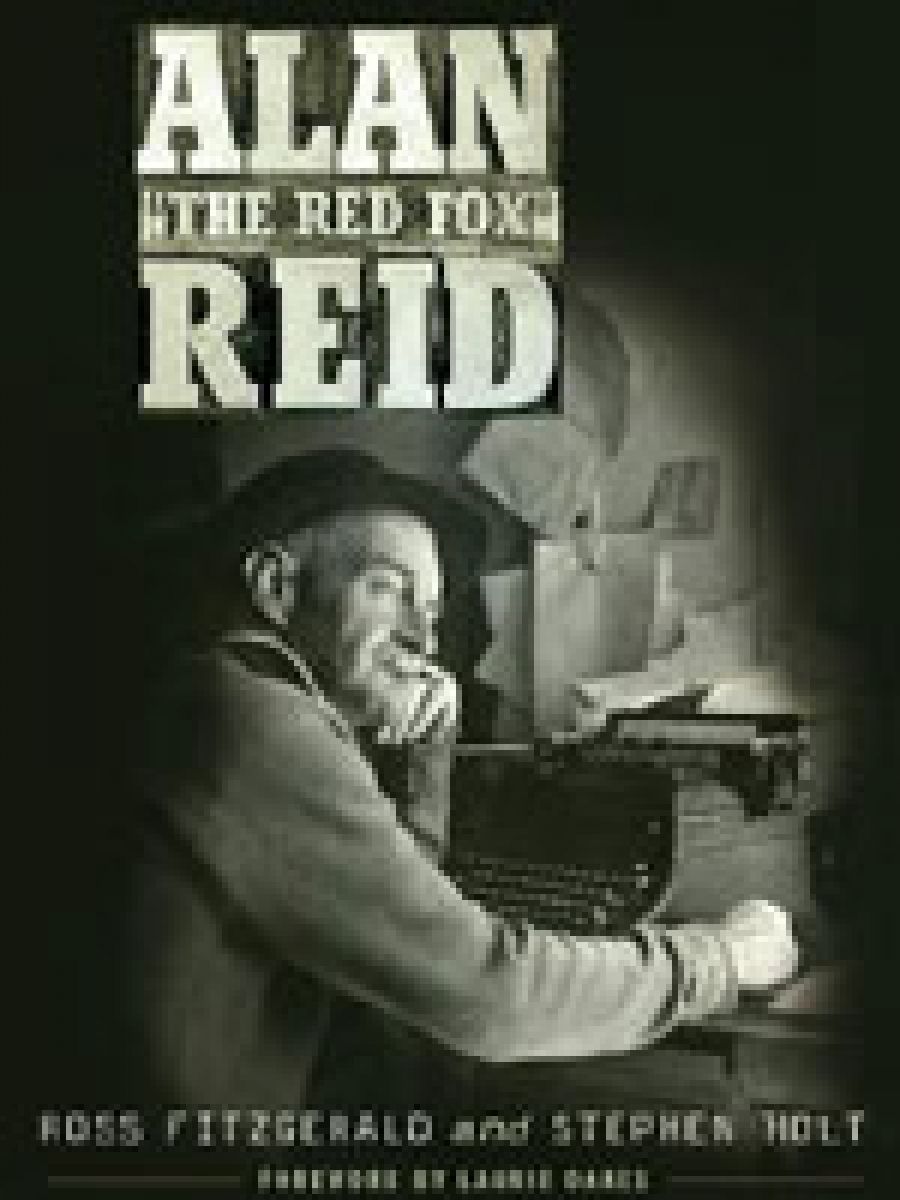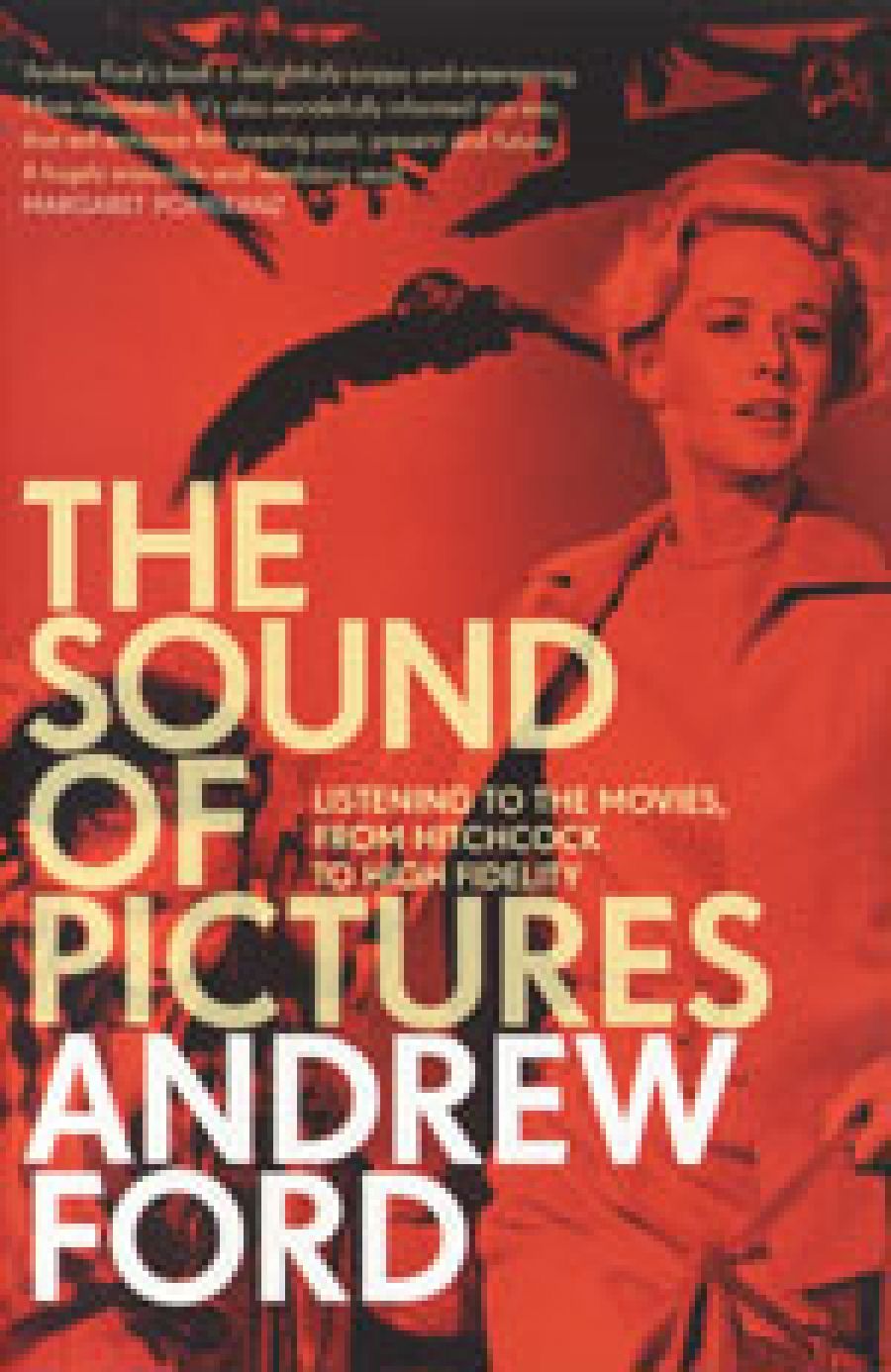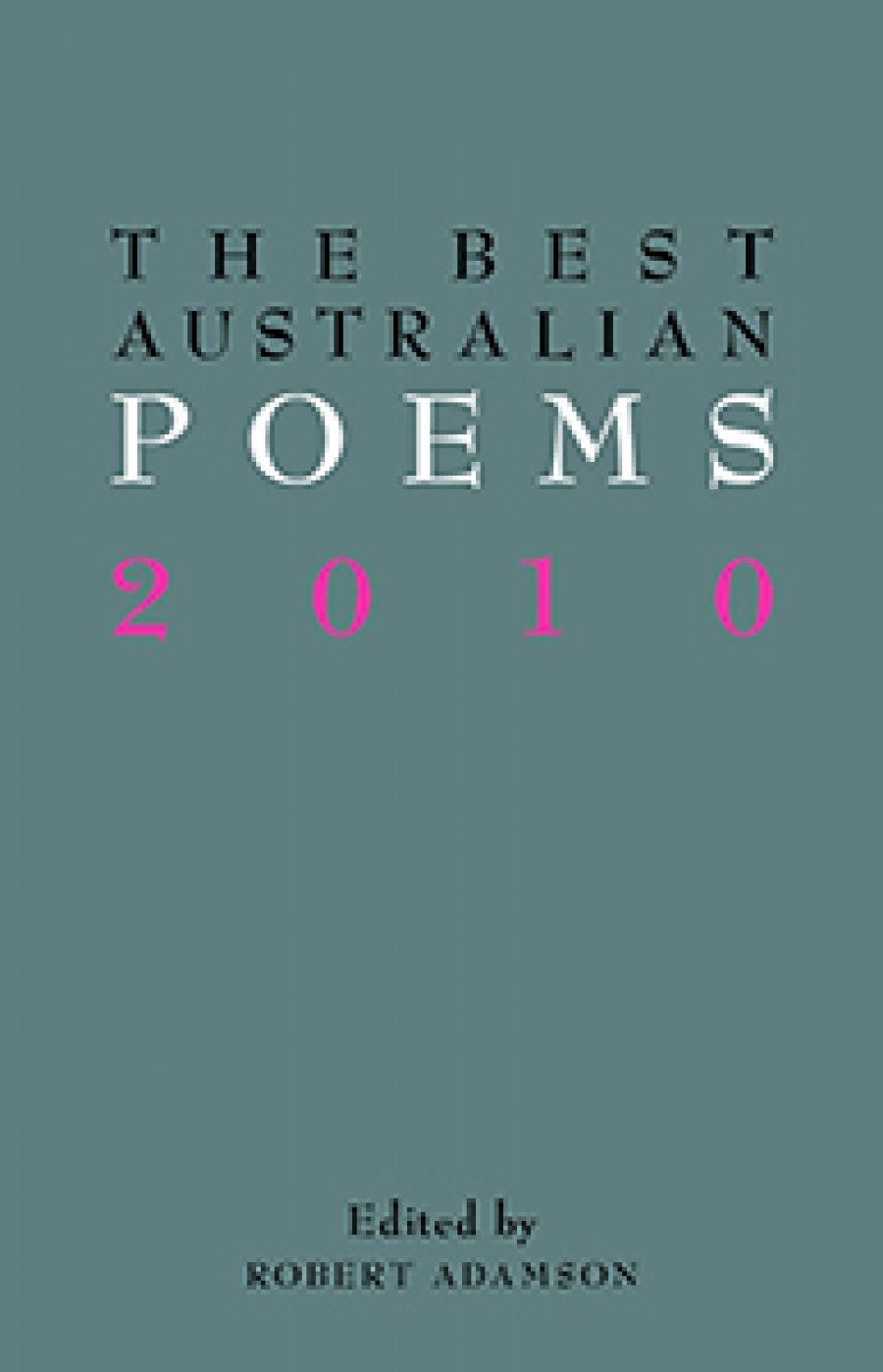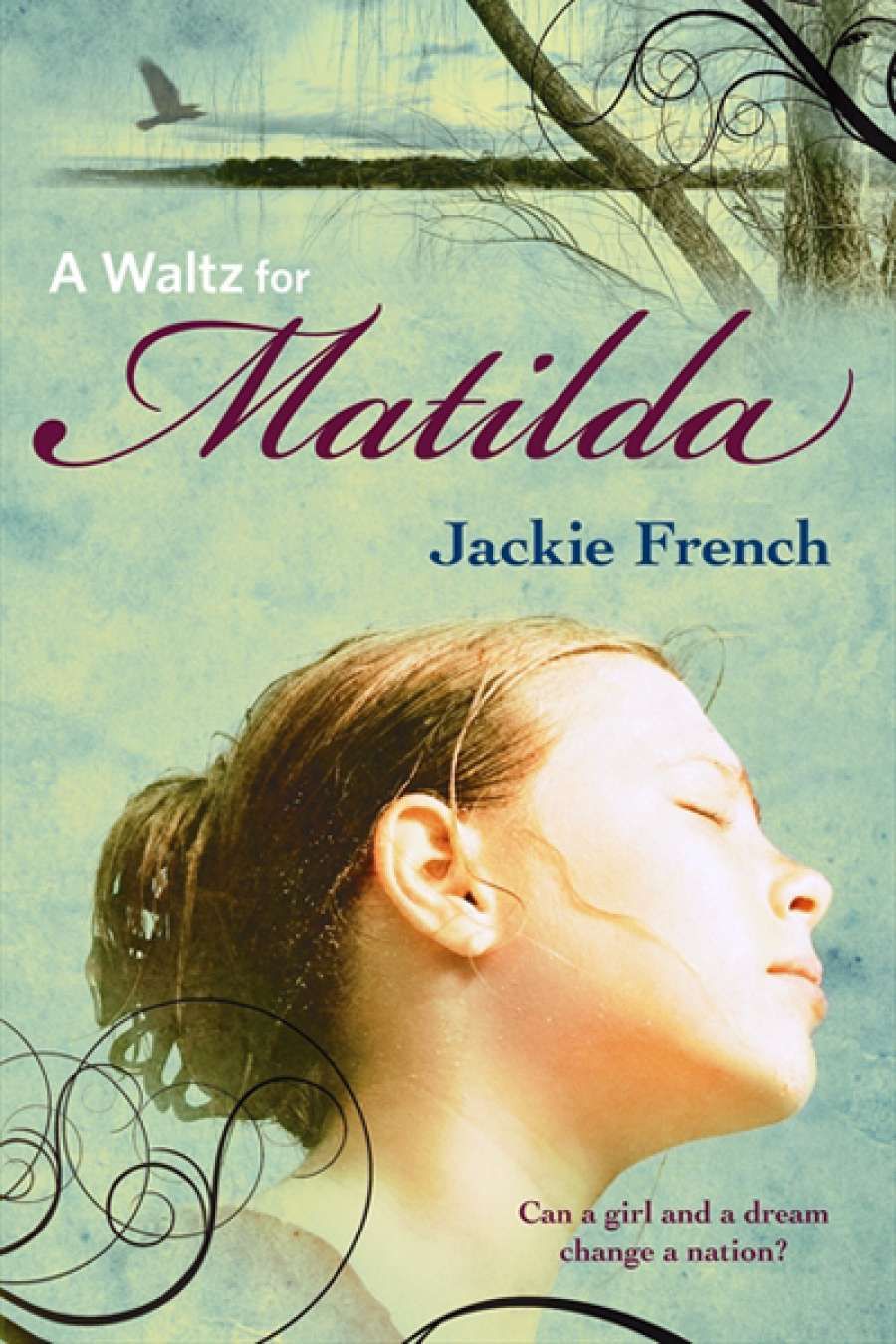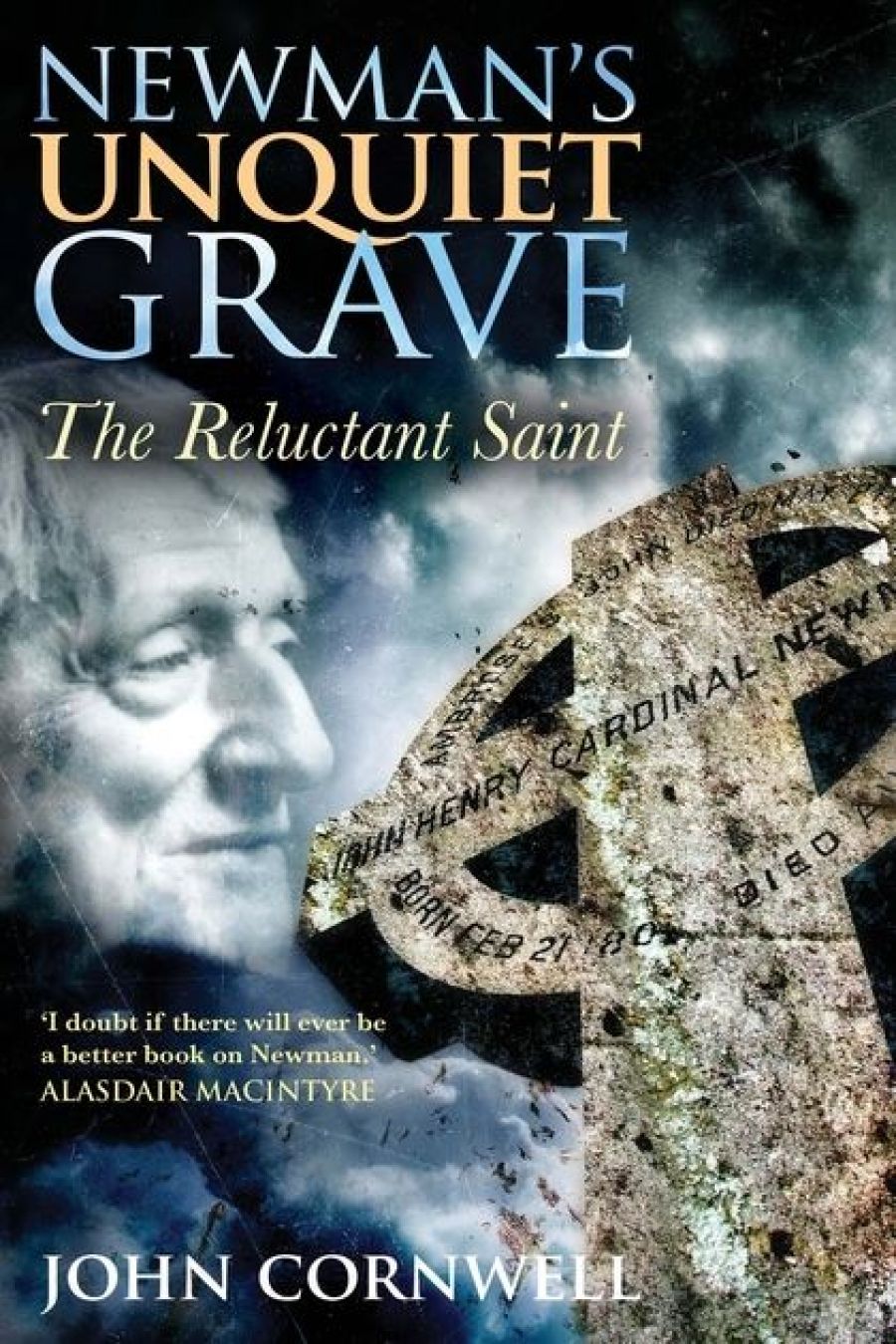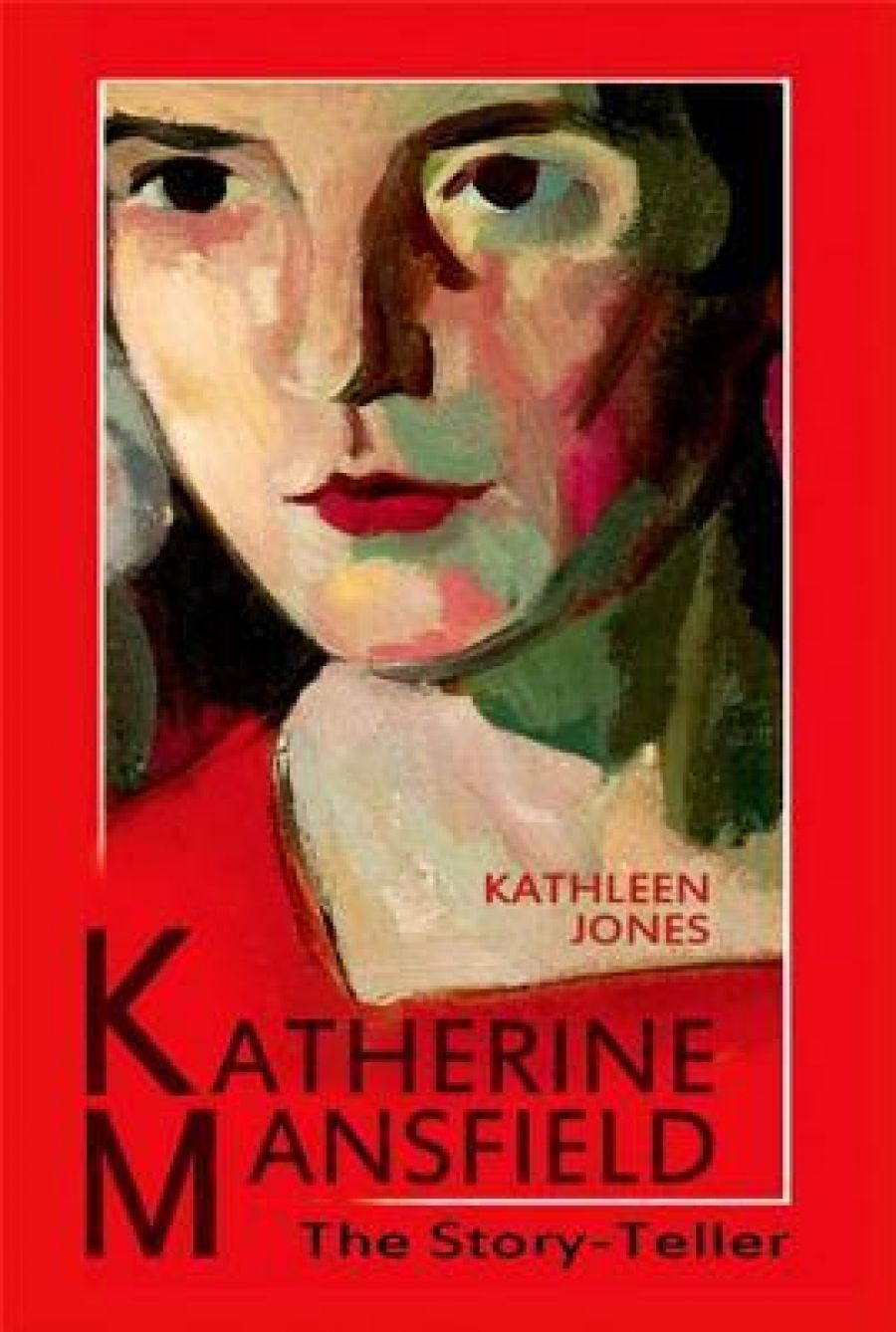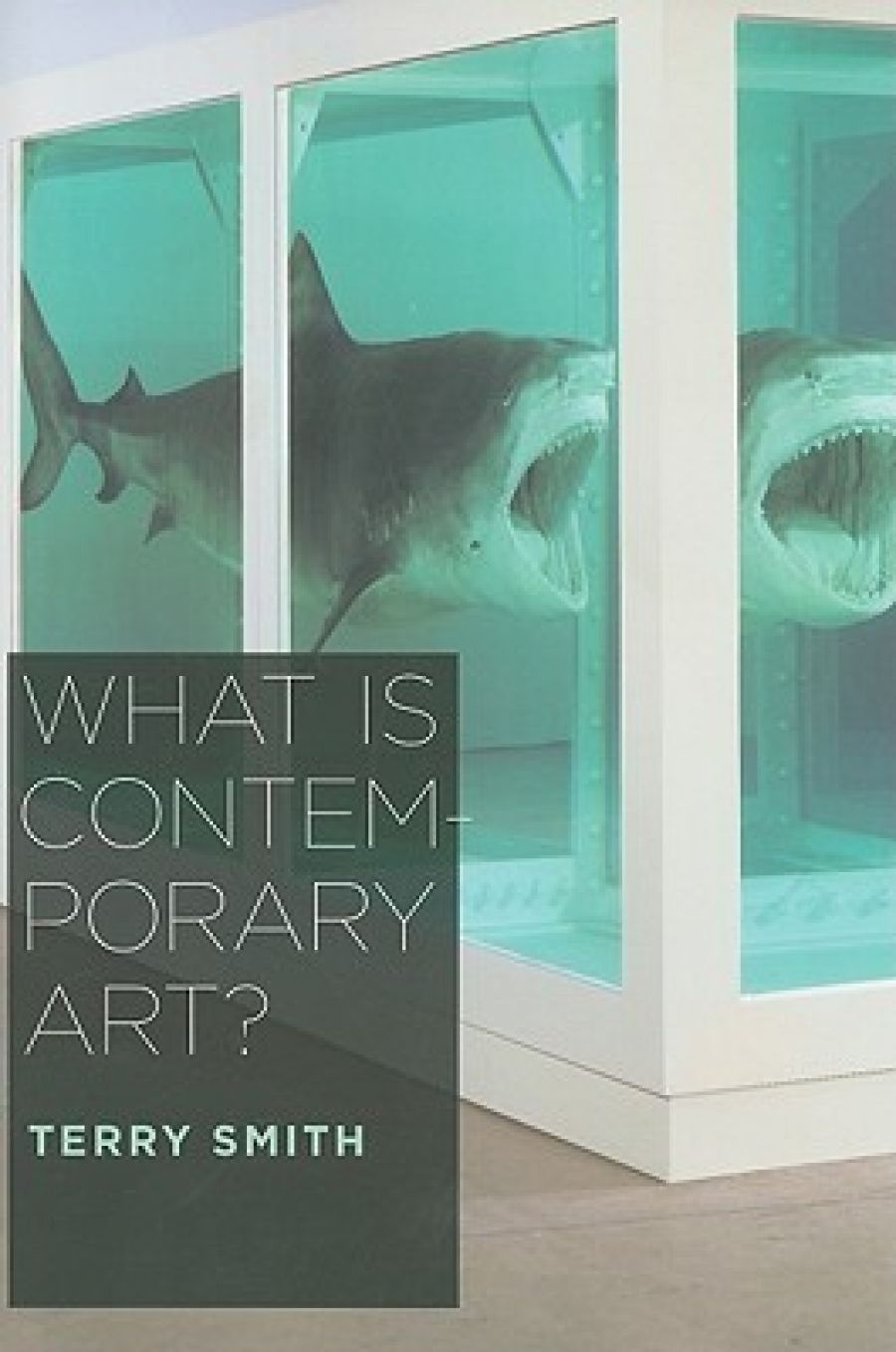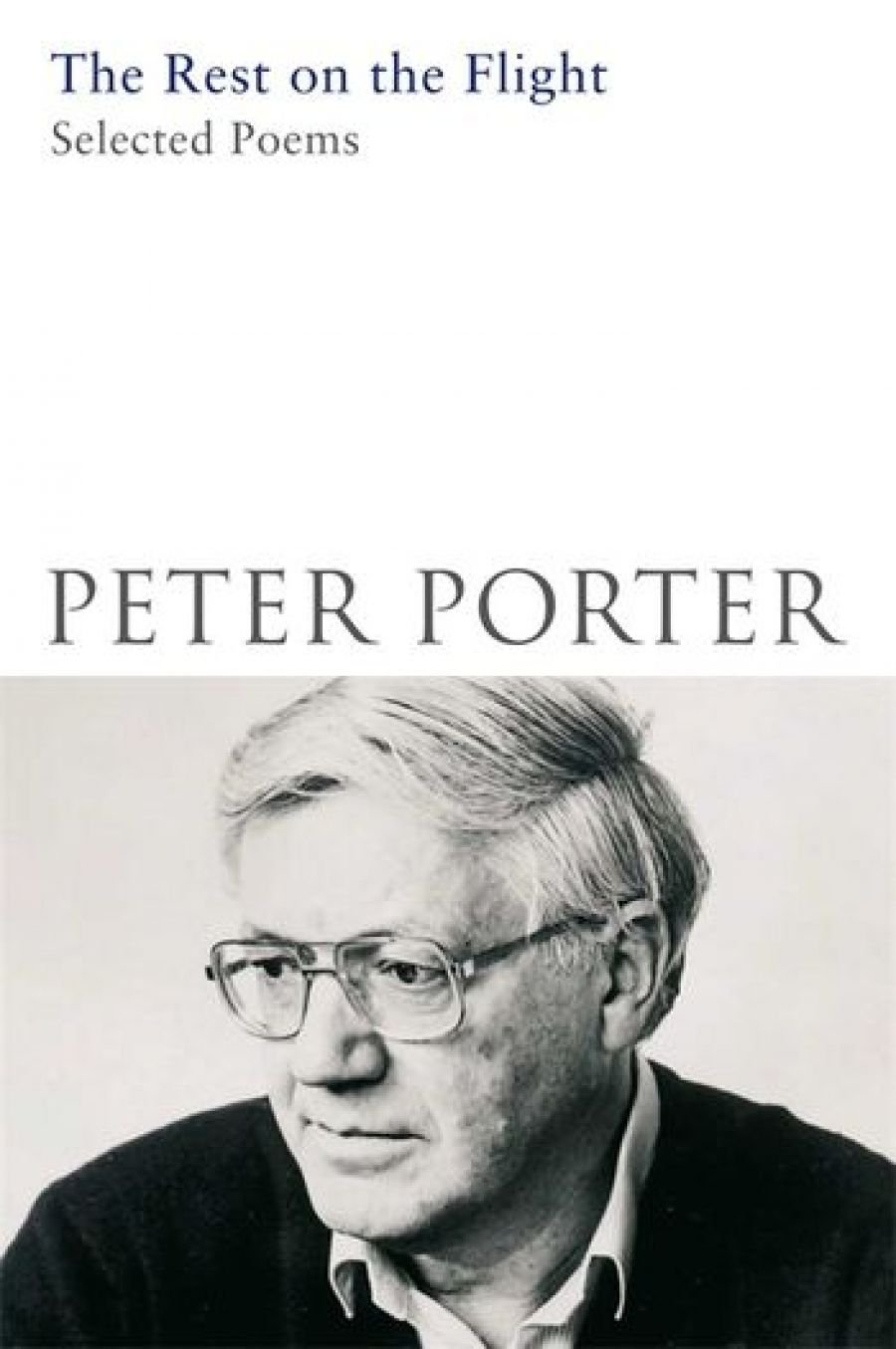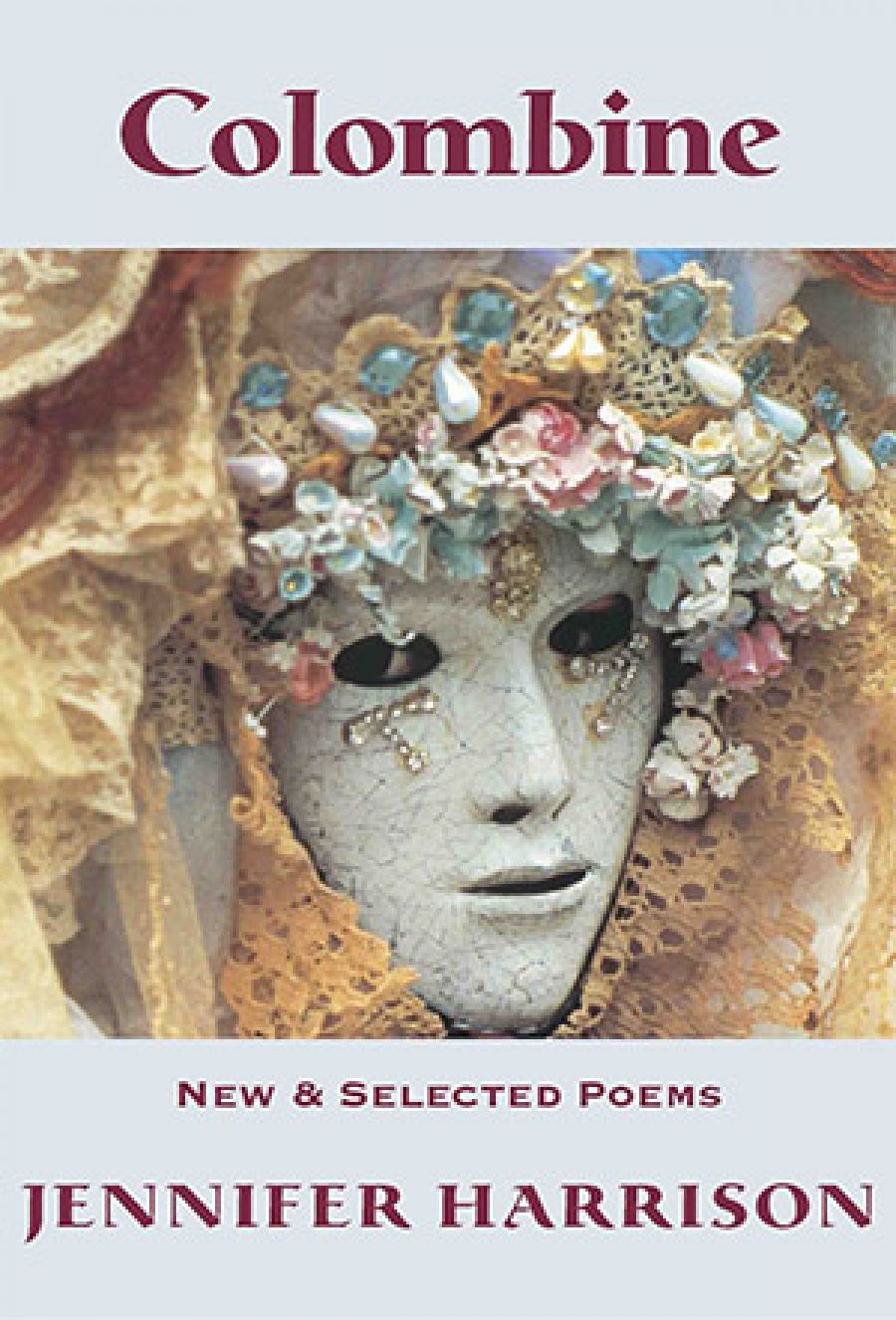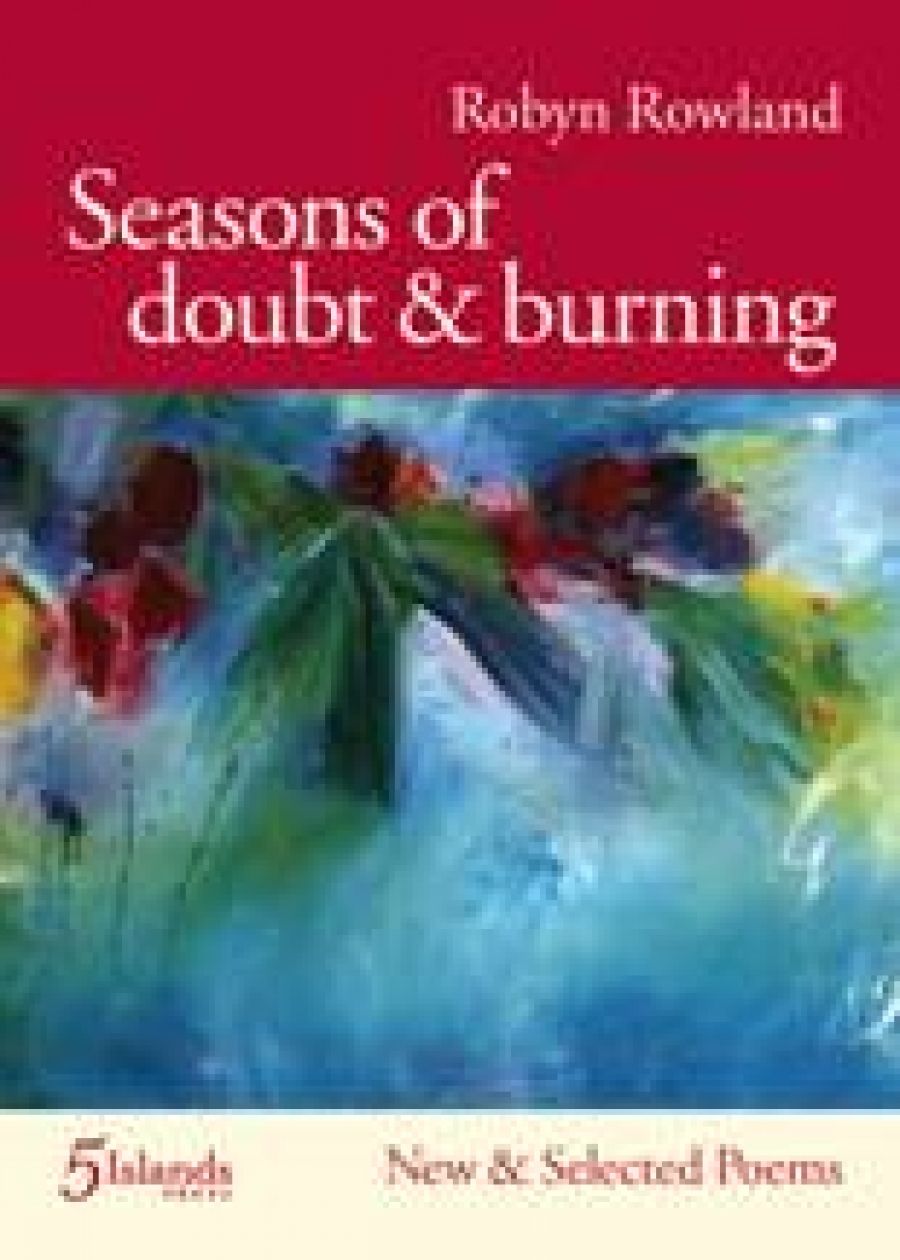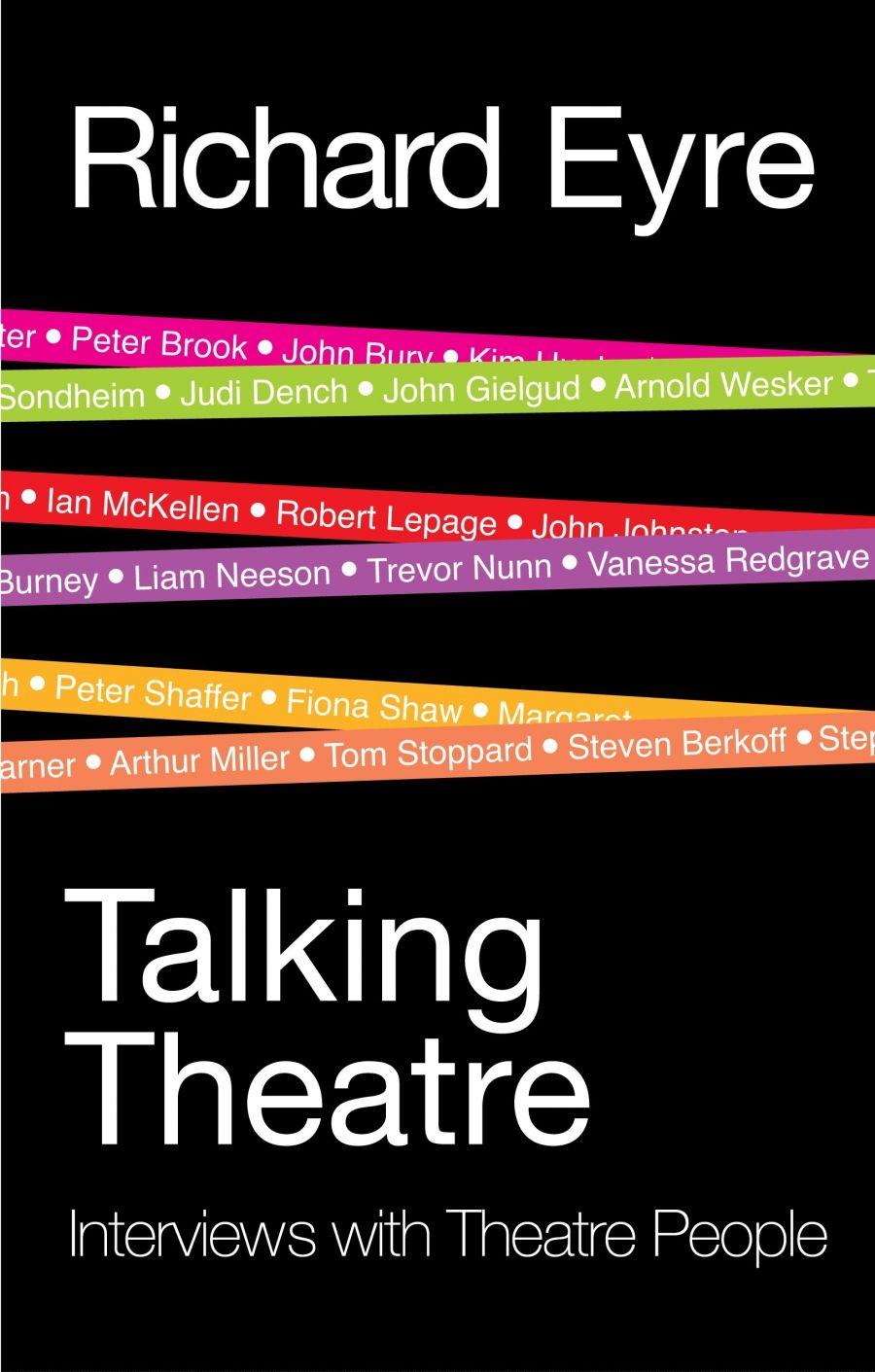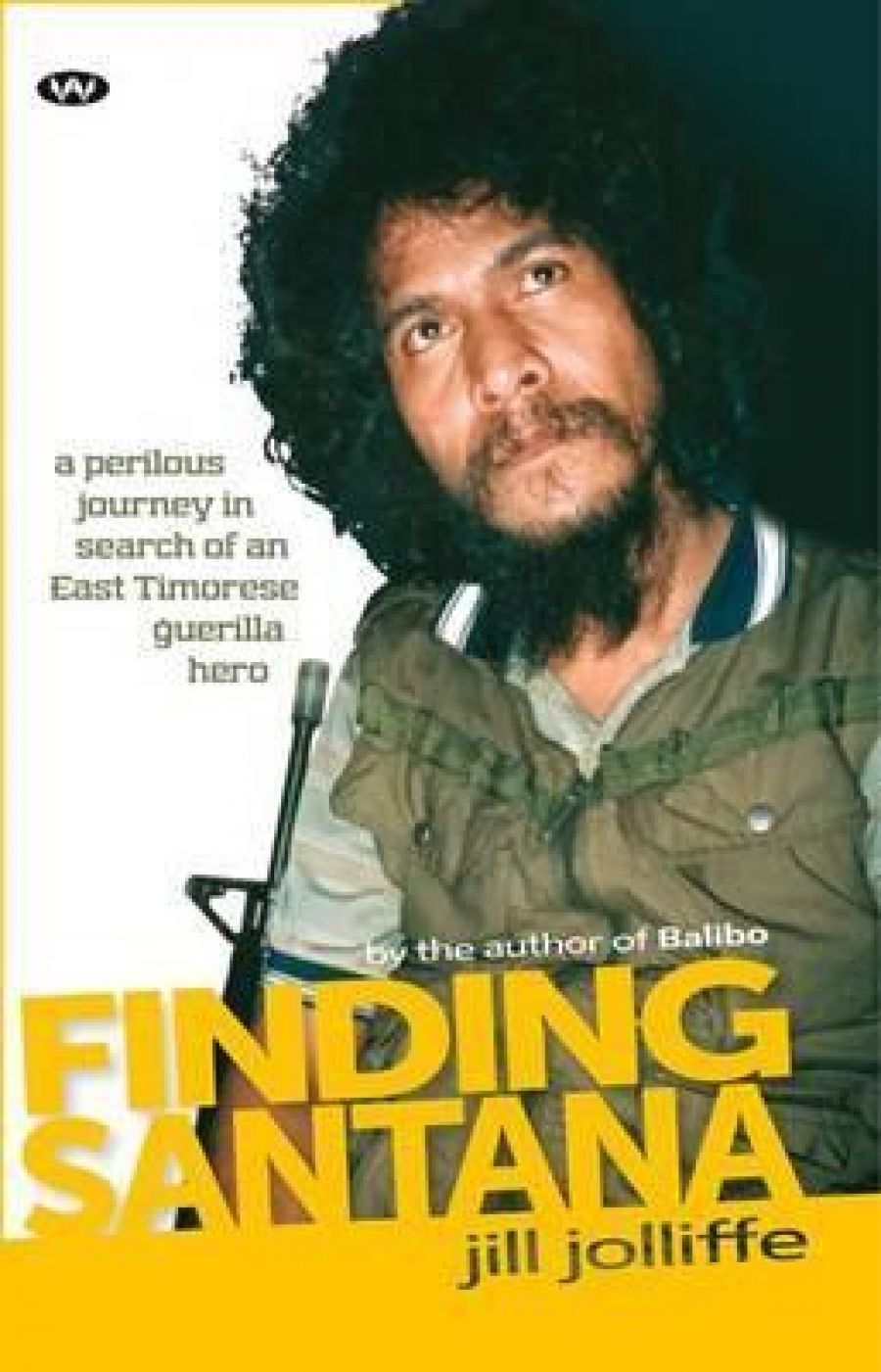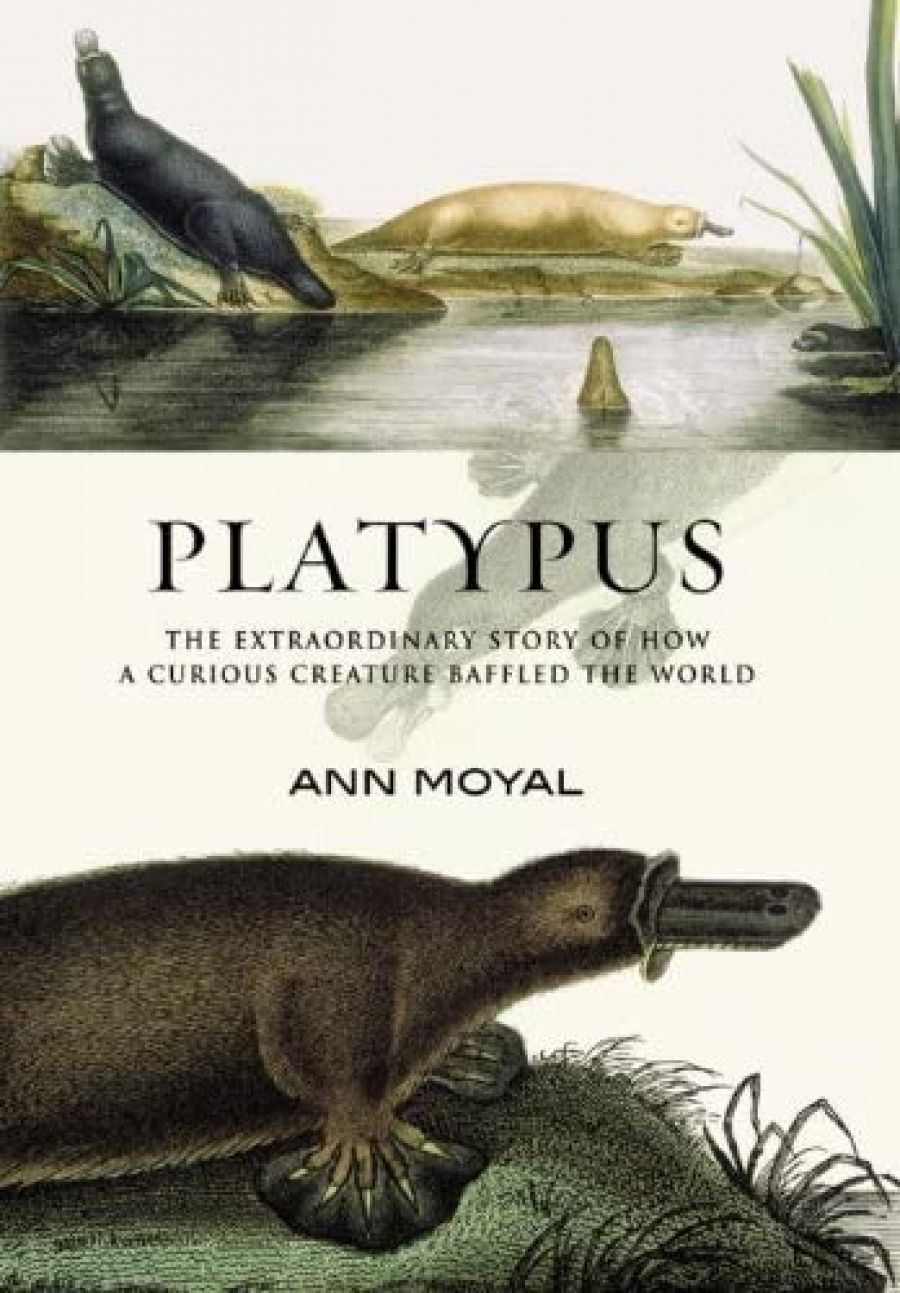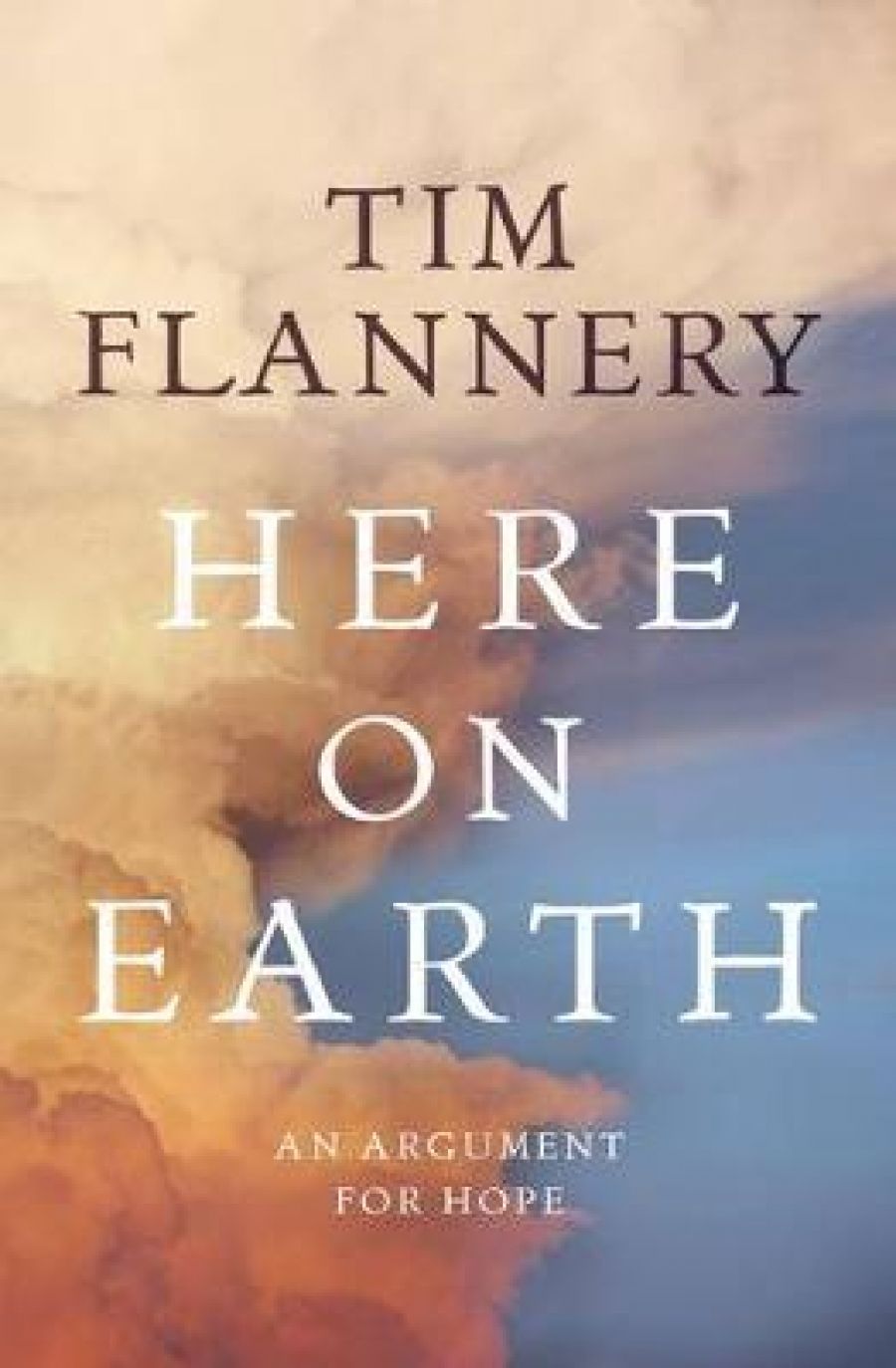Susan Sheridan’s Nine Lives, a ‘group biography’, analyses the life stories and literary achievements of nine Australian women writers. The purpose, according to Sheridan, is not only to rediscover the life story of each, but also, by exploring their publishing and aesthetic context, to create a ‘fresh configuration’ of our literary history.
Nine Lives reminds us of an earlier generation of women writers too often overlooked in the flurry of the contemporary literary scene. Now there appears to be unlimited encouragement for writers, with a proliferation of writers’ groups, mentoring programs and residential seminars, with encouraging publishers in attendance. Academic degrees in Creative Writing exist alongside traditional university courses in Australian Literature. This is certainly a good time to be a serious and ambitious writer.
For Sheridan’s nine, it was quite different. Most of them wrote in isolation, without the encouragement of their peers or an established literary context for women. To write at all required tenacity, dedication, and an amazing self-belief. To be published required patience to deal with the many setbacks and a thick skin to cope with patronising male publishers. These nine women were all different in their social and financial circumstances, but all were obsessed with their craft and determined to pursue it at all costs. Each is chosen, according to Sheridan, ‘because she did, finally, make her mark as a serious writer, however long it took’.
On first sight, the choice of authors – Judith Wright, Thea Astley, Dorothy Hewett, Rosemary Dobson, Dorothy Auchterlonie Green, Gwen Harwood, Jessica Anderson, Amy Witting (Joan Levick), and Elizabeth Jolley – seems odd. Wright and Dobson, because they began publishing in the early 1940s, seem to belong to a completely different era from Witting and Jolley, who came into their own in the 1970s or 1980s. Sheridan chose them, however, as members of the one generation, those born between 1915 and 1930. They lived through the Depression and the war and either profited from the postwar literary renaissance or had to wait for conditions that better suited their literary style, or for a time when they were more viable financially.
The individual life stories are enthralling. Wright, Hewett, and Auchterlonie Green followed their hearts with the same enthusiasm that they invested in their literary careers. Wright offended the squattocracy from whence she came by living outside marriage (‘in sin’, according to contemporary mores) with Jack McKinney. Hewett was the ‘wild card’, pursuing her communist ideology to the outrage of her family and to the detriment, for quite some time, of her writing career. Both came from wealthy backgrounds and their families – Wright’s father, in particular – stepped in to help in times of financial or emotional distress. Others – Astley, Dobson, Harwood, and Witting – appear to have lived contented lives with supportive spouses. Anderson lived alone after two divorces, and Jolley looked after her husband in old age.
All had children, and Wright and Green were the sole support of their families. Wright and Hewett were both committed activists – Wright for conservation and Aboriginal rights, Hewett for communism – and both considered their social commitment to be as important as their writing. Anderson, Harwood, Wright, and Auchterlonie Green were feisty negotiators. I well recall a stinging rebuke from Green when I attempted to edit her contribution to a volume of essays I was compiling. One always thought twice about crossing Wright; and Harwood certainly knew how to chasten arrogant editors.
All nine were versatile and few confined themselves to the one genre. Hewett was a poet, playwright, novelist, and her Wild Card (1990) is a superb autobiography. Wright valued her historical writing almost as highly as her poetry, and was an eminent literary critic and editor. As well as poetry, Auchterlonie Green published major literary criticism. She completely revised her husband H.M. Green’s History of Australian Literature (1962), wrote the definitive study of Henry Handel Richardson, and valued her position as an academic teacher. Jessica Anderson and Elizabeth Jolley wrote scripts and short stories for radio, simply to survive. The title, Nine Lives, based on the legendary ability of a cat to always land on its feet, reflects their tenacity and determination.
Given that all nine were highly talented and ambitious writers, why did some flourish and others languish for decades? There are two obvious determinants: contemporary literary taste and the availability of publishing outlets. It was not, for instance, just the brilliance of Wright’s early poetry – this was obvious – but the fact that an enthusiastic postwar readership demanded sophisticated as well as moving poetry. The proliferation of small literary magazines in the period 1945–65, beginning with Clem Christesen’s Meanjin Papers (later Meanjin)provided an outlet for quality poetry, for articles about poetry, and for literary patronage. In the 1940s and 1950s Christesen published poems by Wright, Dobson, Harwood, and Hewett, as well as Wright’s first collection, The Moving Image,in 1946. His patronage, however, was always problematic, as Wright soon discovered.

Dorothy Hewett
Meanwhile, the gravitas of Wright’s poetry certainly suited the postwar cultural renaissance. Australian landscape, instead of being simply celebrated for its beauty and uniqueness, provided, in poems such as ‘South of my Days’, a symbolic reference for human emotions and, increasingly in Wright’s poetic, material for philosophical speculation. The highly charged feminine passion of the ‘Woman to Man’ series also suited a time of increasing sexual liberation. Wright’s far more sophisticated response, as well as the lyrical intensity of her poetry, ensured her place as one of the foremost poets of the time, internationally as well as in Australia.
Things were not quite as simple for novelists. Thea Astley was the exception, winning the Miles Franklin prize four times, the first for The Well Dressed Explorer in 1962. While most publishing was done in London until the late 1970s, and London editors and agents tended to patronise – on both counts – colonial women writers, Astley was taken up by Angus & Robertson, the only significant Australian publisher of quality fiction. At the same time, Beatrice Davis, Astley’s formidable editor, rejected novels by Jessica Anderson, Elizabeth Jolley, and Amy Witting.
The difference, according to Sheridan, was that Astley, along with Patrick White, Randolph Stow, Hal Porter, and others, was part of a self-consciously postmodernist movement in Australian fiction, their writing ‘loaded with poetic imagery and symbolism’ and, in Astley’s case at least, with a satiric twist which suited the self-scrutiny of Australians at that time.
Anderson, Jolley, and Witting had a much more chequered publishing history. Anderson’s first three books were published – and mishandled – by Macmillan in London: The Last Man’s Head (1970) mistakenly categorised as crime fiction, and The Commandant (1975) packaged as a Regency romance. Publication was consistently delayed and Anderson consistently patronised. It was not until Tirra Lirra by the River, published this time by Macmillan in Melbourne, won the Miles Franklin prize in 1978 that Anderson became well known to Australian readers.
Witting’s erratic publishing progress was, it seems, more the result of her own ‘self-criticism and diffidence’ than of external factors. She published virtually all her life’s work during her seventies, and, while she consistently published poetry and short stories, there were long gaps between her three novels: The Visit was published in 1977; I for Isobel won her widespread recognition in 1989; and the superb Isobel on the Way to the Corner Shop did not appear until 2000.
Jolley had the longest ‘apprenticeship’ yet the greatest success, if volume of publication is any indication. She had been writing seriously for over twenty years, continuously submitting her work to publishers without success, until in 1974 she came to the attention of Ian Templeman, founder of Fremantle Arts Centre Press. The Press published Five Acre Virgin, her first volume of short stories, in 1976. Between 1976 and 2001 she published fifteen novels – The Well won the Miles Franklin Award in 1986 – as well as six volumes of short stories and plays and several non-fiction works.
This accords with the major argument of Nine Lives. Jolley’s particular and idiosyncratic fiction – a mixture of postmodernist techniques, humanitarian concern for the outsider, and ‘an interest in unconventional sexual and erotic encounters’ – perfectly suited the temper of that time. Moreover, as Sheridan points out, her successes were enabled by the growth of literary infrastructure: government-funded grants and prizes, literary awards, writers’ festivals, writers’ residencies, and Creative Writing programs in schools and universities. As well this was, and still is, the age of the writer as public figure. Jolley, as migrant outsider, ‘failed salesman’ and ‘flying domestic’ come in from the cold, physically gaunt and austerely clad, excited the public imagination and so ensured even greater success.
Nine Lives is an impressive work of scholarship, based as it is on an intensive study of archival records, personal correspondence, contemporary reviews, and interviews. At the same time, it is easily read and enjoyable. It should be greatly appreciated, not just as a scholarly reference but also as a record of heroic literary endeavour.
I too belong to Sheridan’s chosen generation. As a penniless student, I bought Rosemary Dobson’s In a Convex Mirror for two shillings and sixpence in the Armidale newsagency in 1944, and Judith Wright’s The Moving Image in 1946. I knew seven of these nine women personally, and wrote about their work with enthusiasm in the 1980s and 1990s. Accordingly, this book brings me great joy.


